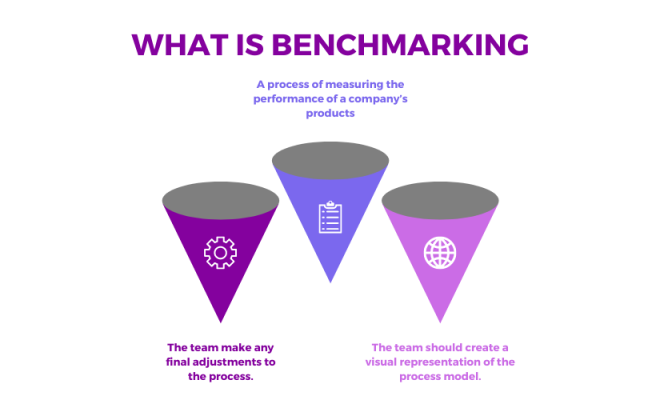PC Benchmark Tests: What Are They, And Do They Actually Matter?

PC benchmark tests are tools that are used to measure the performance of a computer system. These tests use a variety of programs and algorithms to test the computer’s speed, power, and overall functionality.
There are many different types of benchmark tests that can be run on a PC. Some of the most common tests include CPU tests to measure the speed and efficiency of the processor, graphics tests to evaluate the graphics card’s performance, and memory tests to measure the speed and capacity of the RAM.
But the question remains: do these benchmark tests actually matter? Many people argue that benchmark tests are not an accurate representation of a computer’s overall performance. They say that benchmark tests are often artificially created, and they do not provide a comprehensive understanding of a computer’s overall capabilities.
While it is true that benchmark tests are not perfect, they can still be extremely useful tools for evaluating a computer system. Benchmark tests can provide insight into a computer’s strengths and weaknesses, and they can help users identify areas where the performance can be improved.
Another argument against benchmark tests is that they are not always reflective of how a user would use their computer in real life. However, this is not necessarily a flaw with benchmark tests themselves, but rather the programs and algorithms used to run them. By using benchmark tests that emulate real-world scenarios, users can get a better idea of how their computer will perform in practical situations.
Additionally, benchmark tests can be helpful when comparing the performance of different computer systems. If a user is considering purchasing a new computer, they can run benchmark tests on different systems to compare their performance and determine which system will meet their needs.






